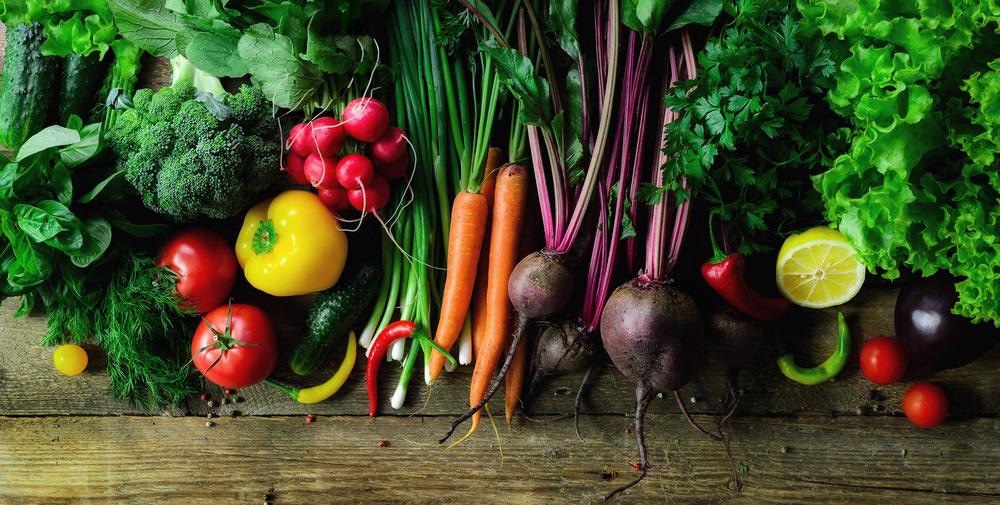According to a new study proposed at this year’s European Congress of Clinical Microbiology and Infectious Diseases (ECCMID) in Lisbon, Portugal (23–26 April, 2022), disease-causing amoebas that reside on natural leafy vegetables can preserve human pathogens such as Pseudomonas, Salmonella, and Helicobacter, posing a public health hazard. Dr Yolanda Moreno and colleagues from Spain’s Universitat Politècnica de València conducted the research.

Image Credit: j.chizhe/Shutterstock.com
Foodborne sickness caused by eating contaminated fresh food is widespread and can be dangerous to one’s health, particularly if consumed raw. Organically farmed fruit and vegetables are becoming more popular as people attempt to eat healthier meals and are concerned about pesticides, chemical fertilizers, and herbicide exposure.
Fresh produce, on the other hand, can become infected with pathogens from human or animal sources during growth, harvest, transit, and subsequent processing and distribution, because of direct contact with the soil, irrigation water, air, rain, insects, and industrial produce-washing.
Certain protozoa (single-celled organisms) that feed on bacteria, such as free-living amoebae (FLA), can infect vegetables and function as hosts to harmful bacteria (so-called “Trojan horses”) that defy FLA processing and pose a health risk.
Food and food-related environments create an ideal meeting place for free-living amoebae and pathogenic bacteria. However, comparatively little is known about the occurrence and diversity of free-living amoebae on organic vegetables and their role in transmitting human pathogens.”
Dr Yolanda Moreno, Universitat Politècnica de València
Between November 2020 and May 2021, the researcher obtained 17 samples of lettuce and spinach from local shops in Valencia to perform an initial assessment of the FLA microbiota isolated from organic veggies.
Scientists used a metagenomic approach to determine the level of contamination by identifying DNA in all bacterium found inside FLA. The data were analyzed to see which bacteria (Microbiome) were present in each sample.
Flavobacterium (found in 10% of vegetable samples) and Pseudomonas (found in 10% of vegetable samples) were the most common bacteria found, many of which do not cause infections in humans. However, 52 potentially disease-causing bacteria were found in a third of the samples (34%), comprising Legionella, Salmonella, and Arcobacter. Infections that arise can cause illnesses such as pneumonia and gastrointestinal problems.
Furthermore, the FLA species Vermamoeba vermiformis, which usually causes extreme illness in humans, was discovered in a fifth of vegetable samples (19%), while Acanthamoeba castellanii, which can lead to blindness and encephalitis, was detected in nearly two-thirds of samples (63%).
The presence of bacteria of public health concern contained inside the free-living amoebae suggests that they are vehicles that can easily transmit pathogens capable of reaching humans and causing health problems through contaminated organic vegetables.”
Dr Yolanda Moreno, Universitat Politècnica de València
“Contamination can arise as a consequence of treating the soil with organic fertilizers such as manure and sewage sludge and from irrigation water,” Dr Moreno added.
“Leafy greens are particularly susceptible to fecal contamination due to their proximity to the ground and the likelihood of humans consuming them without cooking. Our results also stress the need to educate the public on safe and proper handling of fresh organic vegetables before eating them fresh or slightly cooked,” Dr Moreno says.
Despite the significance of the results, the researchers point out that the study only looked at a tiny subset of leafy organic vegetables from a single city in Spain, and that additional studies from multiple countries are needed to learn more about microbiological safety and efficacy of organic vegetables.